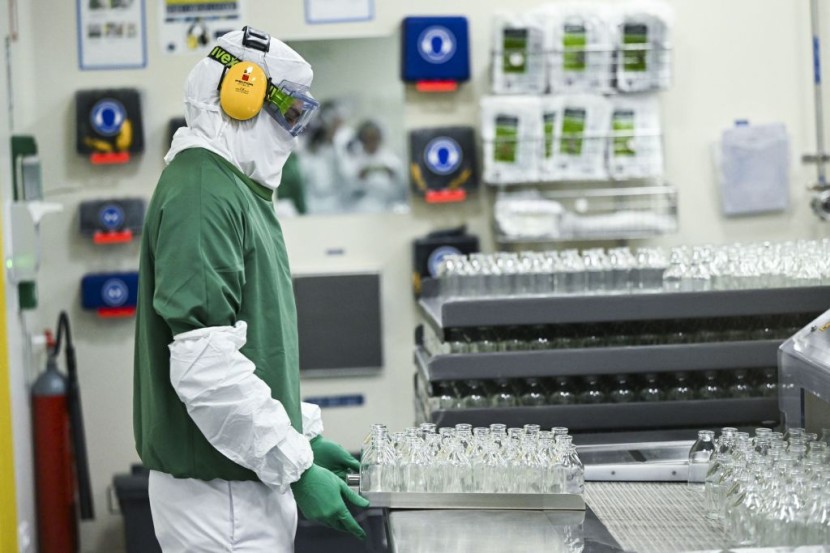
- Scientists successfully created a new antibiotic using artificial intelligence that could be effective against drug-resistant bacteria
- The researchers conducted the study and found a new drug that could suppress the Acinetobacter baumannii
- Researchers published the preliminary results of the study in the journal Nature Chemical Biology
Scientists used artificial intelligence to successfully create a new antibiotic that could be useful in fighting against a drug-resistant bacteria known as Acinetobacter baumannii.
The researchers involved in the study reported that they could use an AI algorithm to predict molecules that could neutralize the drug-resistant bacteria. They also discovered a potential new antibiotic, known as abaucin, that they believe could "effectively suppress" the growth of Acinetobacter baumannii on the skin of mice.
Scientists Use AI To Create New Antibiotic
The study was published in the journal Nature Chemical Biology this week. During preliminary research results regarding the potential new drug need to be validated in larger studies, the scientists believe that a process is an approach that can be effective in discovering useful new drugs, as per USA Today.
In a statement, Jonathan Stokes, the lead author of the study and an assistant professor of biomedicine and biochemistry at McMaster University in Ontario, Canada, said there is a lot of trepidation around artificial intelligence.
Stokes coordinated with several researchers from the Broad Institute of MIT and Harvard to screen for possible new antibiotics against the drug-resistant bacteria. The superbug is known to cause infections in the blood, urinary tract, and lungs.
The bacteria commonly invade hospitals and healthcare settings and infect vulnerable patients on breathing machines, in intensive care units, and in those undergoing operations.
The scientists found that the experimental antibiotic was effective against 41 different strains of Acinetobacter baumannii. However, according to CNN, it needs to be further refined and tested in human clinical trials before health professionals can use them to treat regular patients.
Treatment for Drug-Resistant Bacteria
Furthermore, the compound that artificial intelligence identified worked in a way that interfered only with the problematic pathogen. The researchers observed that it did not seem to damage the many other species of beneficial bacteria that live inside the gut or on the skin, which made it a rare narrowly-targeted agent.
The team said that if more antibiotics worked this way, it could prevent bacteria from becoming resistant to drugs in the first place. Dr. Cesar de la Fuente, an assistant professor at the University of Pennsylvania's Perlman School of Medicine, who was not involved in the research, said that the study was incredibly promising.
De la Fuente, who is also using artificial intelligence to develop new treatments, said that this approach to finding new drugs had been a new field in the testing period since about 2018. She noted that it significantly cuts the time needed to sort through thousands of promising compounds.
The bacteria in question is known to be able to live for prolonged periods on environmental surfaces and shared equipment. It can often be spread through contaminated hands as well, said The Guardian.
© 2026 HNGN, All rights reserved. Do not reproduce without permission.








